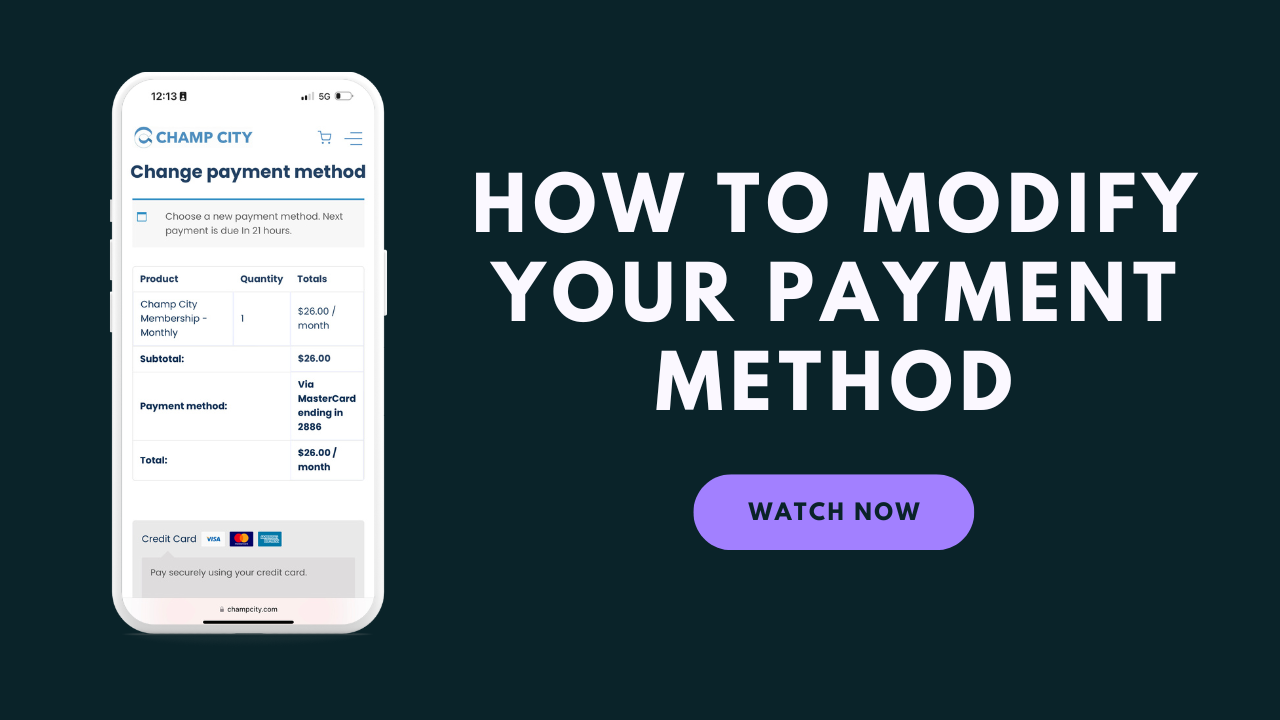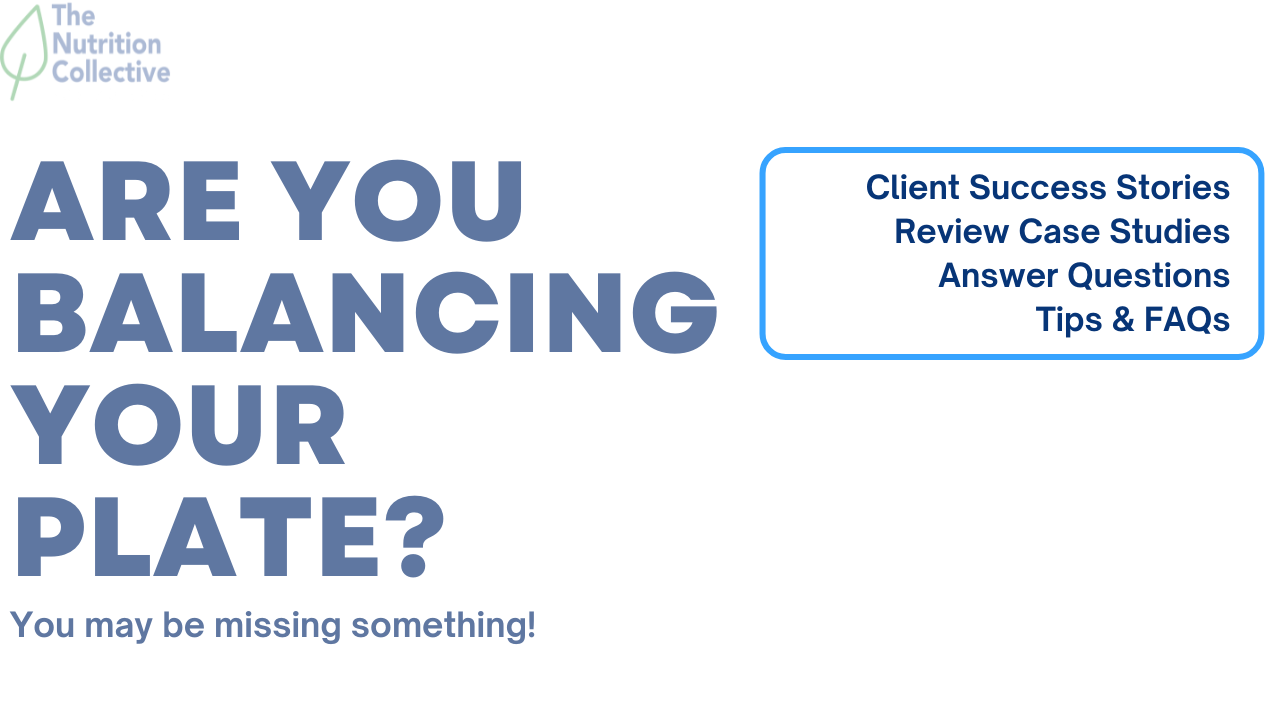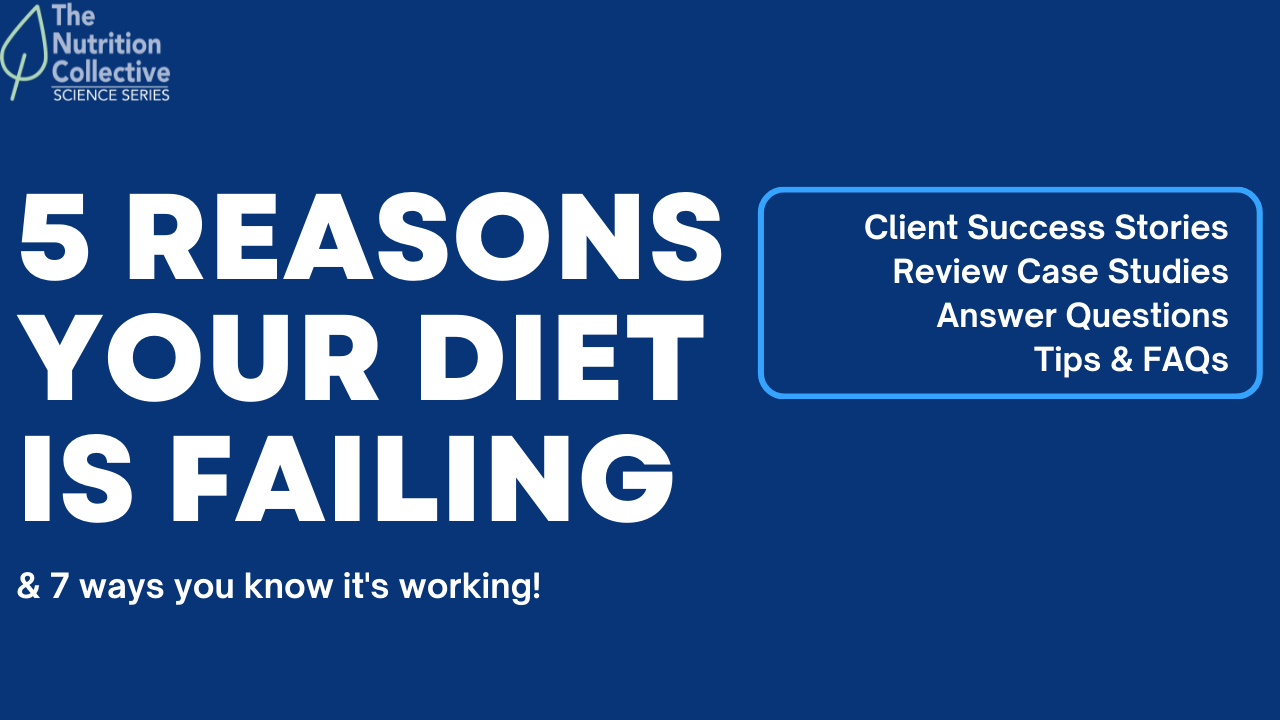As arguably the forer king of three-week programs, the one thing that helped me break from that lifestyle was understanding how to live my life with intent. What does living intentionally mean, though? Well, it is a somewhat subjective term. In general, living intentionally means being present and authentic with yourself as you go about your day making choices. Living with intent is about making purposeful decisions for you, not for others or what they expect of you.
In her blog post What is Intentional Living, Audrey Stanton emphasizes the importance of living in line with your values, identifying your values, and staying connected to your values in your daily life. Often, we act and react based on the way we are feeling in a specific moment. We don’t always pause to think through a decision. When we work to slow down and add intentionality to our choices and actions, we start to live out our values.
Why Live Intentionally?
For a long time, I just thought I would have this special moment. I would wake up, make all the right choices, and everything would magically fall into place. Once I found out my wife and I were going to be parents, I thought my moment would be the day I became a dad – everyone talks about it, how you will just know what to do, it will make you want to be the best person you can. And yes, fatherhood did make me WANT to be the best version of myself, but I didn’t wake up on my first day as a dad and suddenly start making the perfect decision for every choice I had set in front of me. Honestly, I made a lot of the same decisions I had been.
Waiting for this special, magical moment to happen left me stuck in the same cycle. I started being intentional with my choices—mostly the small ones at first, and certainly not all of them at once. Then something awesome happened, the magical moment was there, and I had totally missed it because it was happening with every choice I made, big or small, to build the life I craved and the person I knew I could be.
Treat Yourself Like You Are Someone You Care About
Chapter 2 in Jordan Peterson’s book, 12 Rules for Life, talks about treating yourself like you’re someone you care about. At first, it sounds simple and obvious. Of course, you care about yourself.
But there is a huge A-ha moment when you stop to think about what that means. Most of us tend to prioritize others before ourselves. We try to take care of everyone around us, and sometimes that comes at the expense of ourselves.
We all do it in some way, shape, or form. It’s why we can give great advice yet don’t follow it ourselves. If you’re a parent, you know what I’m talking about. You love your child and care about them enough to do the things that help them. You speak to them about things they should do. You tell them they need to take time for themselves. Yet, we don’t treat ourselves that same way.
Self Care
The R&R, pampering self-care is fun, but it is not the self-care we will focus on today. We should look at self-care holistically. It’s not just about pampering yourself on the outside, but how you treat your body and mind on the inside.
Cassie Cassata interviewed Dr. Wayne Jonas, an integrative health expert and family physician, and Gracy Obuchowicz, a self-care coach, on what self-care really is and the importance of prioritizing self-care.
They focus on some fantastic topics. One to highlight is the idea that self-care should not be a temporary band-aid fix: that kind of fix will leave us feeling dissatisfied. Instead, it should be something that we can look back on and feel good about having done it.
The kind of self care that means you love and prioritize yourself is necessary. You choose to be disciplined in the areas you need, prioritizing your mental health and happiness. It’s asking yourself the hard question of, “Is what I’m doing right now helping me be the person I want to become?”.
It boils down to choices. Sometimes it feels like we’ve been going through the motions day in and day out that we’ve kind of zoned out. Just living life passively, as if our choices are not important. It is easy to go into autopilot. That ease lets us forget that we have control of our lives and the power to change them. And it starts with the choices we make. They don’t have to be huge, daunting changes. They can be small meaningful ones that add up over time. Small incremental changes over time set us up for far better success in the long run.
If you’re familiar with pushing a prowler or a sled, think about it this way. If you put 300lbs on the sled and start pushing it, it takes a good amount of strength and energy just to get the thing to budge an inch. With each hard step, you start building momentum. Once you start picking up speed, the momentum just keeps adding up until you finally get a good stride. At that point, it feels way more doable to make it to the endpoint than it did when you first started pushing it.
Changing your life is a lot like that. Start with the small changes, and you will build up the strength and momentum to add in the big changes.
Baby Steps
We’re born, then we learn to take baby steps before walking or running where we want to go. And here we are as adults trying to change our life thinking we can outsource, hack, or sprint our way there. Baby steps might be one of the most important aspects of shaping your future; you can use this approach for every topic we’ve discussed so far.
Small actions don’t take too much “energy” while still moving you forward in the right direction. When you decide that you need to change your life, you don’t run a marathon the next day. You start small. You look for the lowest-hanging fruit. That might mean the first thing you do is get a gym membership or commit to walking 10 minutes a day. We’re looking at the long game. We’re looking at sustainable life long habits. When you first start and motivation is sky high, it’s easy to think you can do 100 squats a day. But by day 3, when life starts kicking back, it feels exhausting just to muster through 50 squats. Starting with just 5 squats per day takes less mental energy and willpower to keep up with. And when something takes less energy, it’s easier to sustain. Then you just build up from there.
The Answer
So to answer the question of how to shape your future…
- Try to keep the idea of living intentionally at the forefront of your mind instead of hitting autopilot at the beginning of your day.
- Treat yourself with the care and kindness that you show others.
- Prioritize deeper self-care.
- Baby steps! Make small changes over time instead of trying to change everything at once.
It’s a culmination of living on purpose, with intention. Being proactive instead of reactive in your life, taking control of the oars in your boat and paddling rather than drifting with the current. Remember that you get to make the choices in your life that shape your future.
Is what you’re doing today getting you closer to who you want to be?







